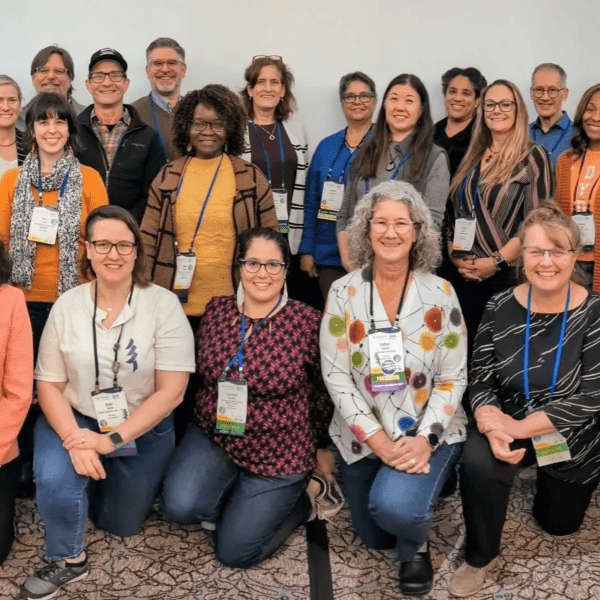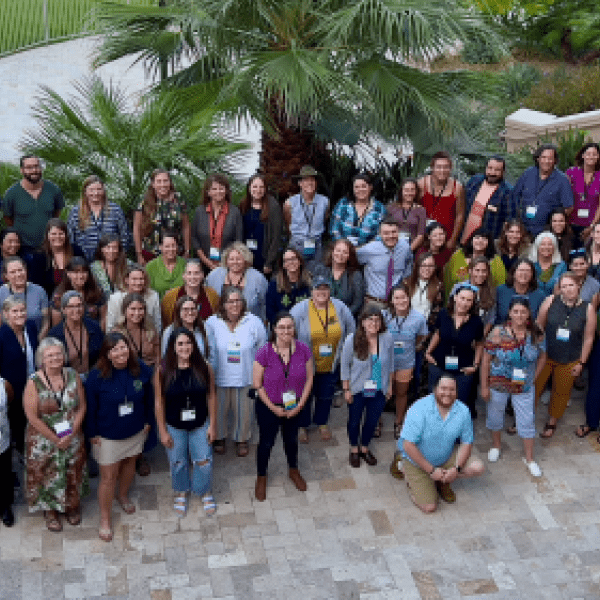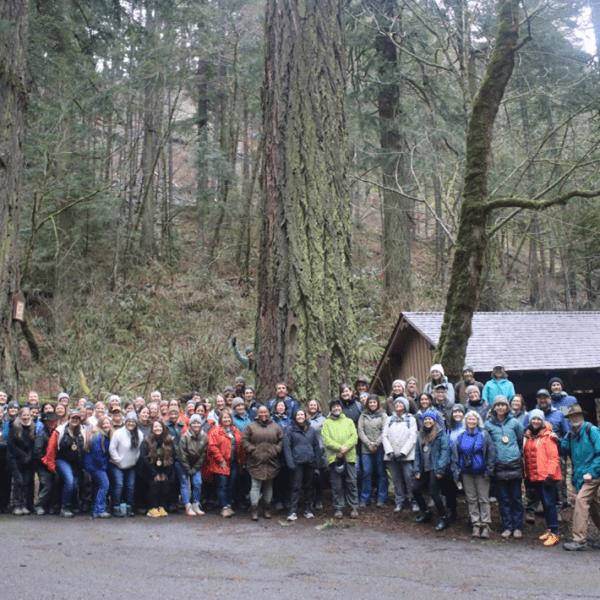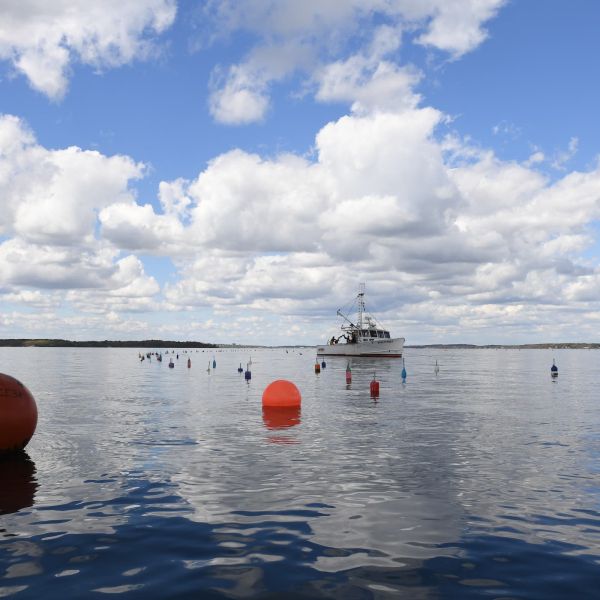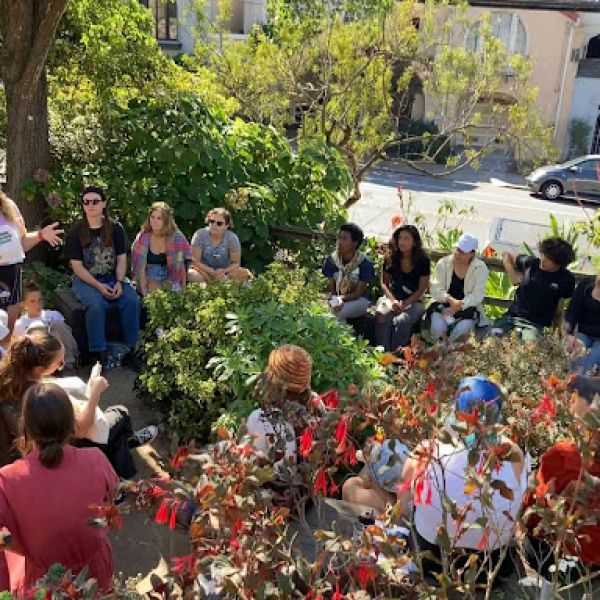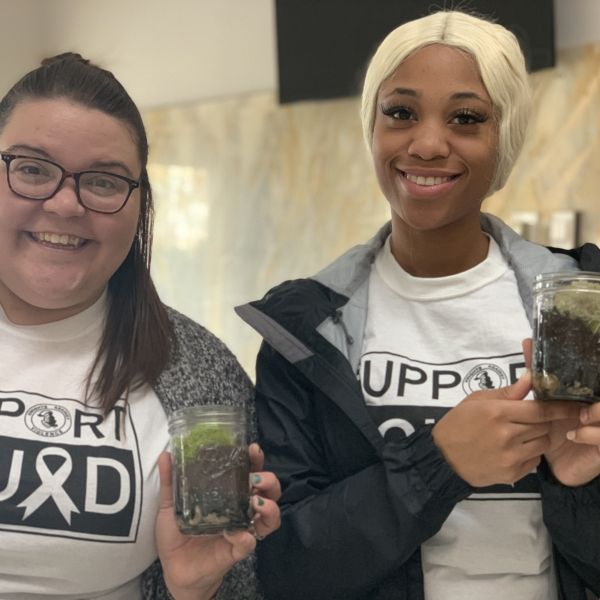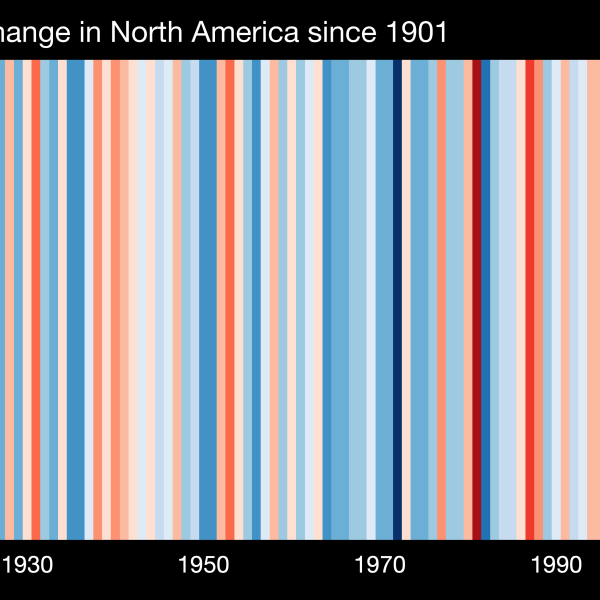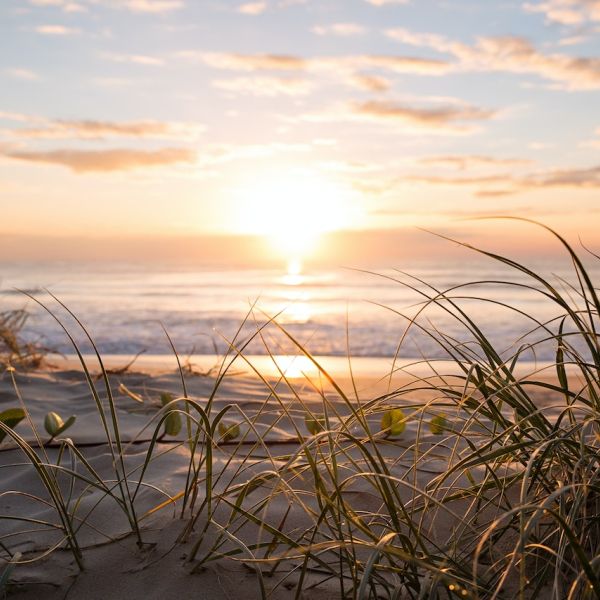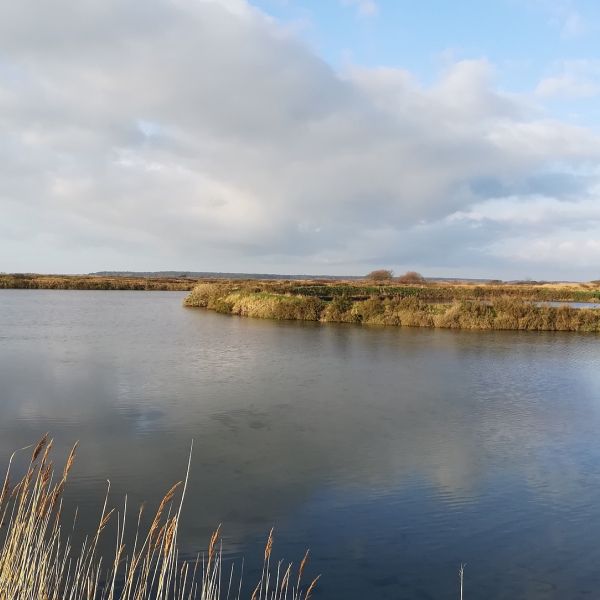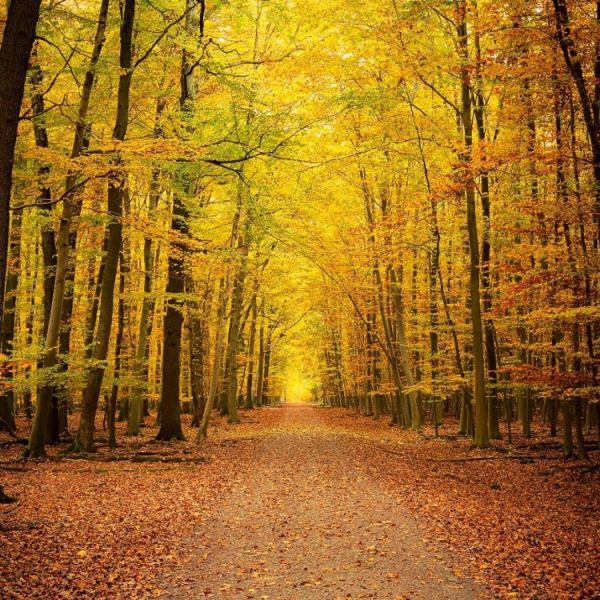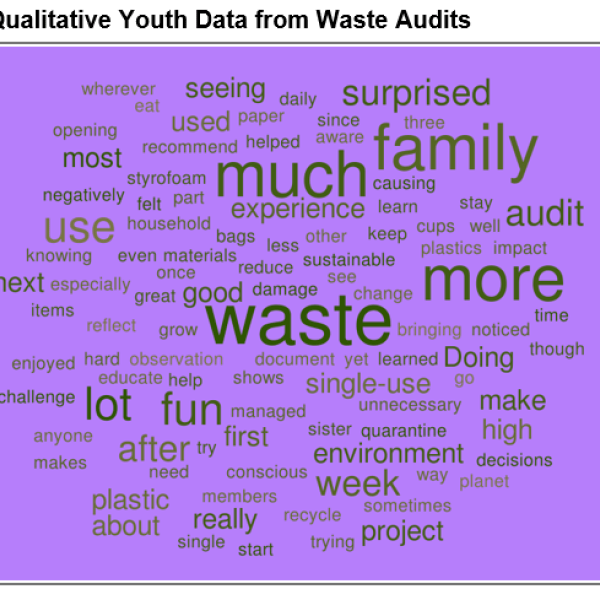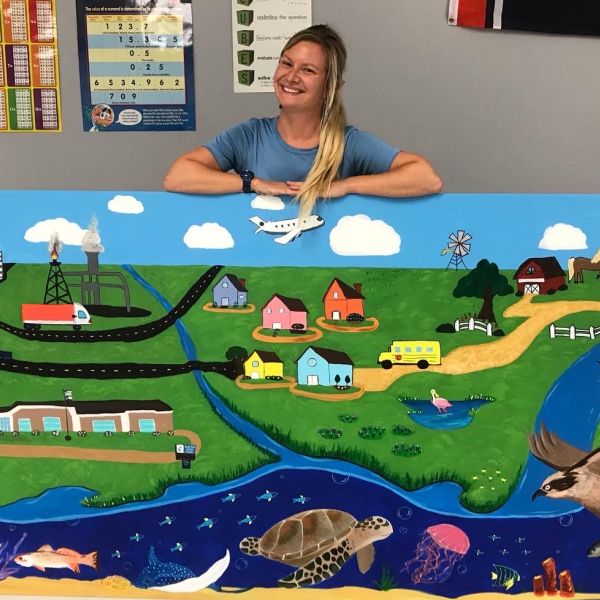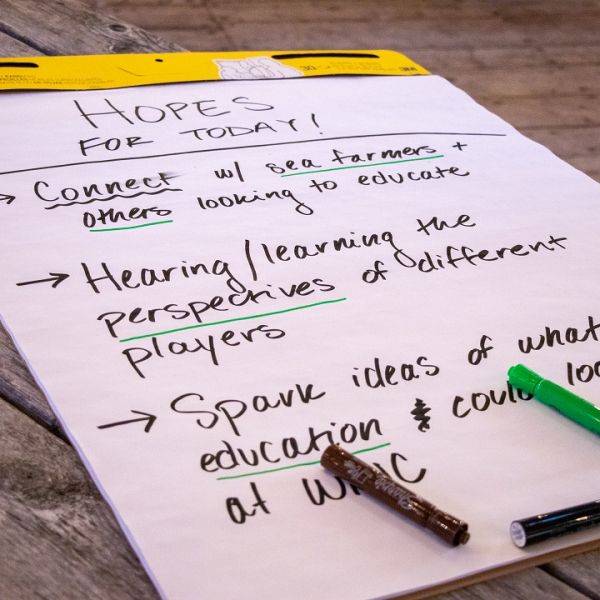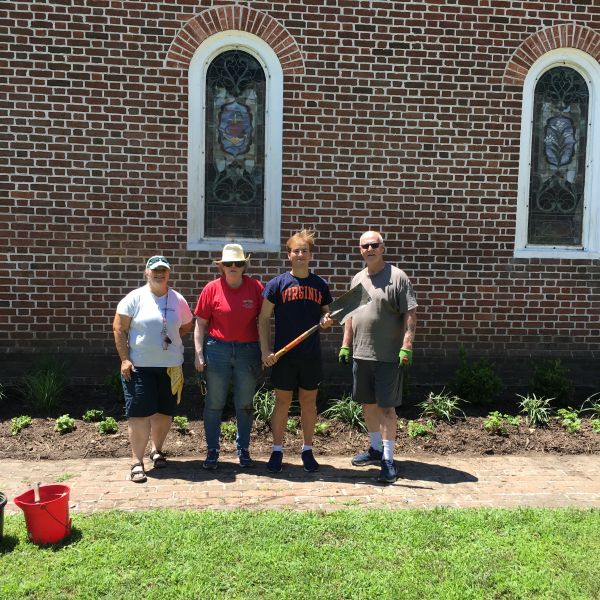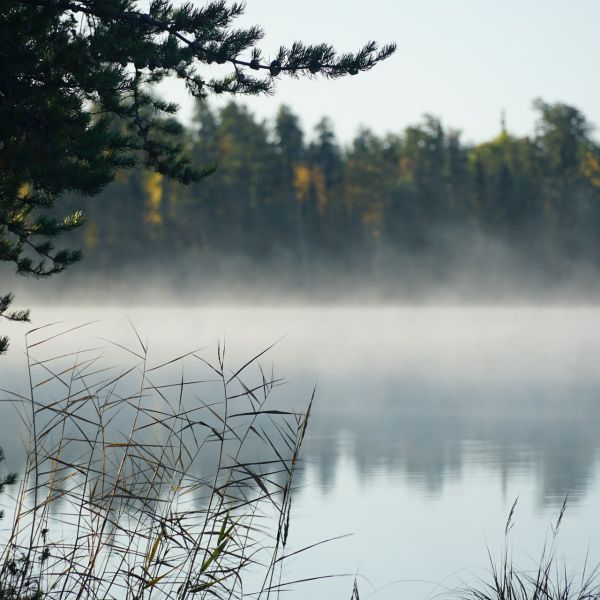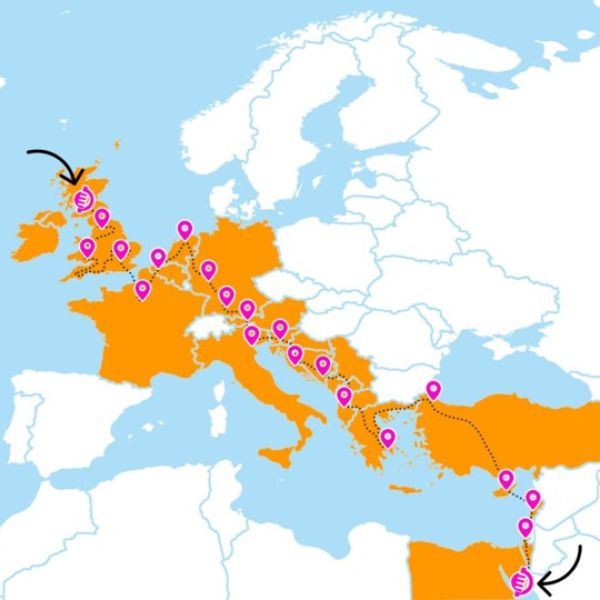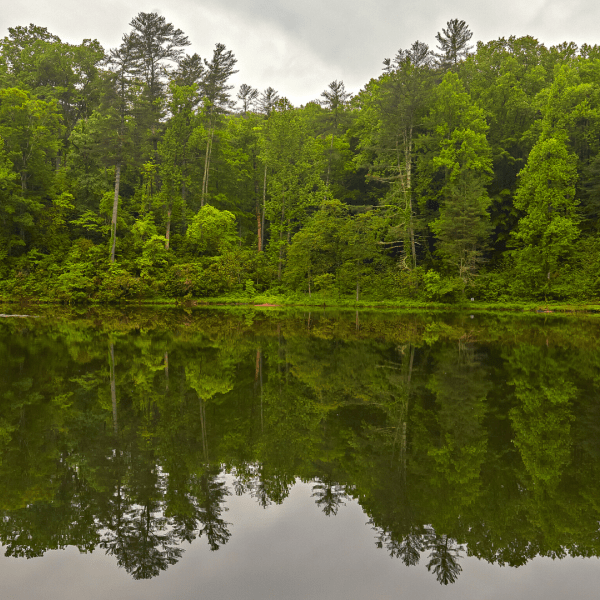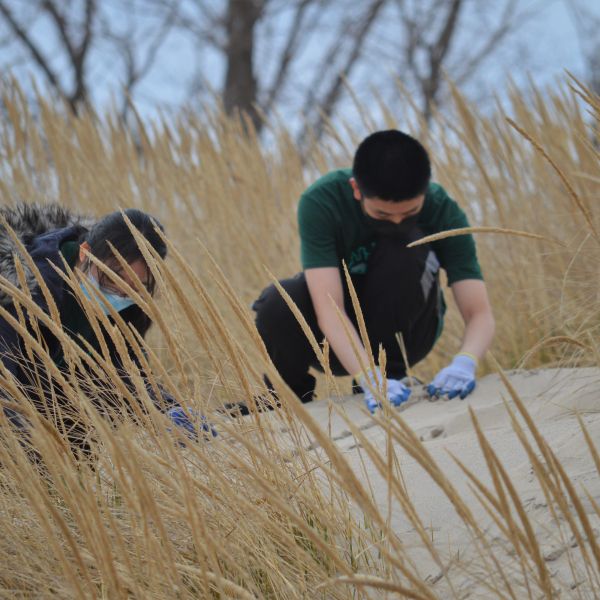
Blog

-
Learn about the success of the ee360+ coalition and its Partner Gathering at the NAAEE 2024 Annual Conference, showcasing how collaboration is advancing environmental education and achieving meaningful progress toward complex environmental goals.
-
Working on climate change action can sometimes feel lonely. Read more about how the CEE-Change Fellowship helped Catherine connect with Fellows from across the world and build a community of support, encouragement, and ideas to CEE-Change Together.
-
This blog showcases the work from the NAAEE Affiliate Network and their work to build capacity for environmental education at the local level with funding from ee360+. The Affiliate capacity-building grants awarded 14 Bridge Building grants and Community Catalyst grants to Affiliates across the U.S…
-
In January 2024, NAAEE attended Nature Forward's Naturally Latinos Conference, which centered the theme on "Belonging: Our Roots, Our Earth." Keynotes and discussions highlighted strategies for diversity and inclusion, inspiring us for future engagement!
-
The ee360+ initiative serves as an effective catalyst for collaboration, centered on making the best of environmental education (EE) accessible for everyone. This blog highlights the collaboration of three national and long-standing environmental education nonprofits and ee360+ partners—Project…
-
In this Harvest Stories, Jesse Baines of Atlantic Sea Farms shares how a team of kelp farmers use education to positively impact coastal communities as climate change makes landfall and wild fisheries are disrupted in Maine.
-
Join SEI as we take a look at some of the highlights from this semester of the Climate Corps Education Outside training program!
-
CEE-Change Fellow Eileen Boekestein poetically expresses how the environmental education career journey isn't a pipeline, but a braided river of ever-changing entry points.
-
What's the Worldwide Teach-In? Learn about a bottom-up educational event led by educators and community members.
-
Members of the Climate Change eePRO Group met at the NAAEE Annual Conference in October 2022. This blog recaps what was discussed and shares links to resources that were mentioned during the session.
-
We truly appreciate the collective exchange of ideas each of the presenters and keynote speakers facilitate and champion at the NAAEE Annual Research Symposium and Conference. In this post, we're amplifying sessions at NAAEE2022 that center Native voices, culture, and knowledge.
-
NOAA’s Environmental Literacy Program is excited to announce that it is funding nine new projects that will use education to build the foundation for resilience to weather and climate hazards.
-
By completing a mini-MWEE, educators shared skills and innovated ways to implement a Meaningful Watershed Education Experience program this school year. Learn more in the latest Watershed Chronicles.
-
NAAEE sees continued signs of potential increases in funding for critical EE programs in the fiscal year 2023 federal budget.
-
Getting from changing minds to changing behavior is a challenge all environmental educators face. By providing our audiences with ownership over their actions—and consequences—we can successfully meet this challenge. Learn how New Orleans' teens did just that.
-
In the latest Watershed Chronicle, community organizations partnered with Texas middle schools to enhance watershed STEM learning in an after-school program, giving students creative space to express their knowledge of local ecosystems in various visual art projects.
-
In the latest eeBLUE Harvest Stories, Maine Sea Grant and partners work together to make new aquaculture learning opportunities accessible to more than just the coast.
-
Environmental NGO, Lynnhaven River Now, works with Faith communities to nurture a sense of local community stewardship.
-
In the latest Watershed Chronicle, Executive Director Susan McClure shares how Lake Champlain Maritime Museum brings together informal educators and families to enrich watershed learning through lake stewardship.
-
The extraordinary 7,200 km non-stop relay from Scotland to Egypt carrying a climate change message from young people to the decision-makers at COP 27. The impact of climate change on our planet will be felt most by our youth and future generations. Their collective voice needs to be heard. We aim to…
-
In this eeBLUE Watershed Chronicles blog post, Lilly Meighan, education and outreach coordinator of Lynchburg Water Resources, shares how students experienced and learned about their direct connection to the environment and took steps to care for it.
-
Youth-led action and nature-based solutions for climate mitigation are the focus of two programs at the National Wildlife Federation. Read how fieldwork and research are powering the students' next steps.
-
How did one of the largest cities in Japan with a population of 3.75 million reduce garbage waste production by 43%? This GEEP case study sets out to investigate exactly how the Eco-Picture Diary Environmental Education Project reduced waste through effective environmental education.
-
On Wednesday, June 30, at 7:30PM ET, join a great group of young and emerging EE professionals like yourself for 30 minutes to connect and recharge.
